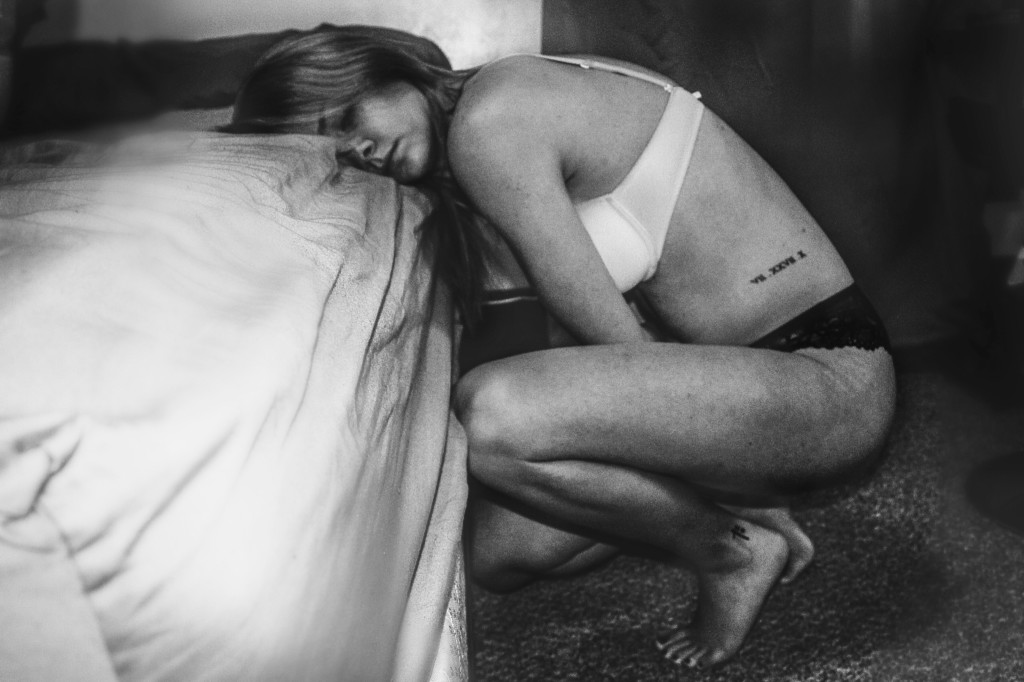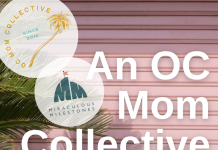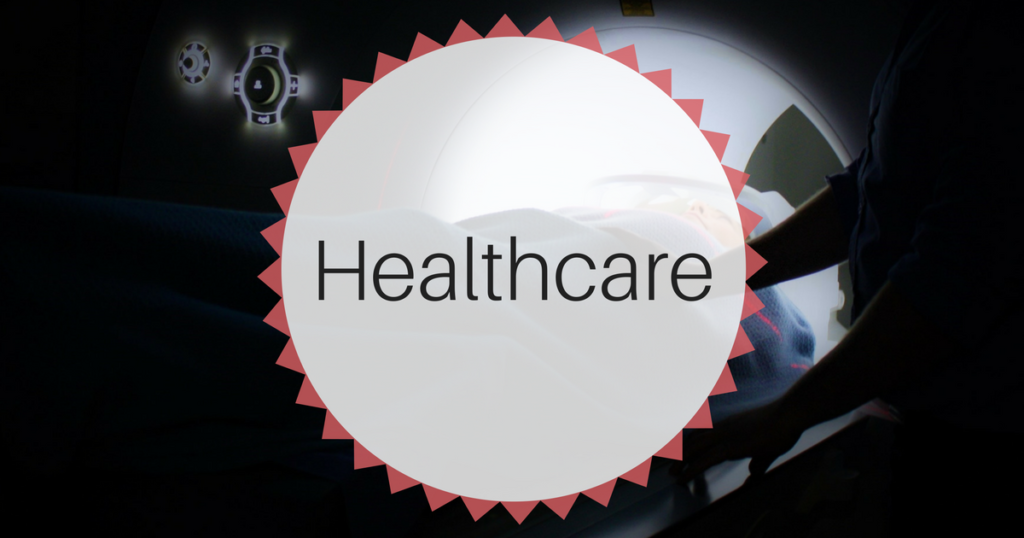 In my practice, I specialize in maternal mental health. So I was incredibly excited to see the trailer for the movie TULLY which hit theaters on May 4th. If you are part of a mommy group on Facebook, chances are you’ve seen the same excitement. But if not, take a look at the official trailer.
In my practice, I specialize in maternal mental health. So I was incredibly excited to see the trailer for the movie TULLY which hit theaters on May 4th. If you are part of a mommy group on Facebook, chances are you’ve seen the same excitement. But if not, take a look at the official trailer.
It seems like a welcome breath of fresh air, right?
The basic premise is that Charlize Theron’s character, Marlo, is a stressed out mom. Her depiction is the most raw and unfiltered version of motherhood we’ve seen on the big screen. I think I cried when I watched it, especially the part about the spilled breast milk. It was so ordinary and yet so extraordinary that Hollywood finally “got it.”
We have Diablo Cody, the director responsible for JUNO to thank for that. As a mental health professional, I loved the fact that this rawness opened up the conversation of the very real lives that so many moms live every day. The titular character, Tully, is a young, hip night nurse that comes in to assist Marlo. Tully seems to help Marlo regain her sense of self after baby. All of this makes me cheer with delight.
However, what happens in the film is not at all reflected by the trailer. And (SPOILERS AHEAD) in fact, it does a disservice to moms who suffer from mental illness.
In the movie (which I did not watch, but reviews are coming in from maternal mental health agencies who pre-screened it), Marlo is diagnosed with Postpartum Depression (PPD). That is not a stretch after watching the trailer, so I wasn’t too surprised to learn this. However, some moms might find that revelation to be a bit too raw if they themselves experienced PPD.
But if that were where it ended, I’d be a happy camper. We would be talking about a condition that affects 1 in 5 new moms and the world becomes a better, more aware place because stigma was removed from something that is actually quite common. Unfortunately, the movie’s main plot twist got everything wrong.
Before I launch into the biggest spoiler, let me start by explaining the different types of postpartum concerns that new moms can face.
Postpartum Depression:
This is the most common diagnosis and is often the “umbrella” category that most moms fall into when they express concerns with adjusting to motherhood. Postpartum Depression (PPD) can occur any time within the first year after having a baby. PPD is generally thought to be caused by the hormonal changes which perinatal moms experience. That can trigger changes in brain chemistry which can ultimately lead to a depressive disorder. Common symptoms include: feelings of sadness, hopelessness, irritability, restlessness, trouble concentrating, loss of interest in things, withdrawing from normal activities, and trouble bonding with baby.
It is different from the “baby blues” in that it typically lasts longer. It can also be much more significant than the feelings of tearfulness that many new moms experience right after birth. Treatment typically involves increasing social support, improving self-esteem, therapy, and possibly medication.
Postpartum Anxiety:
Many moms are incorrectly diagnosed with Postpartum Depression. They may actually be experiencing a related but different condition called Postpartum Anxiety (PPA). This can look a little bit like depression in that it also has to do with irritability and trouble focusing. But it more often includes symptoms like racing thoughts, “what-if” spirals, constant activity like checking or cleaning, continuous worry that something bad might happen to baby, irrational fears of harm befalling baby, trouble sleeping, feelings of dread and doom, and trouble boding with baby due to these fears.
Many times PPA can be missed by loved ones. There’s so much new mom advice out there. Most moms look a little chaotic in those first few months when they are trying to take all that information in and figure out how to keep their tiny humans alive. But moms with PPA are so frazzled by their worry that they may have trouble letting anyone else care for baby out of fear of loss of control. They may also neglect their own care because of their worry. Treatment often involves therapy, peer support, and possibly medication.
Postpartum Psychosis:
This condition is incredibly rare and only affects about 1 to 2 in 1000 births. However, this condition is also the most dangerous and is the leading cause of infanticide by mothers. It is marked by delusional thoughts (strange beliefs), hallucinations (experiencing sensations that are not real), mania, sleep disturbance, paranoia, and rapid mood changes.
Moms with Postpartum Psychosis (PPP) are also at an increased risk for suicide. Unlike PPD and PPA, which can be treated with a variety of options and intensity levels, PPP is a true medical emergency. And, though entirely treatable, it needs to be addressed immediately by a medical provider, almost always with hospitalization and medication.
Now, if this movie presented an accurate depiction of PPD with appropriate follow up care, we would not be having this conversation.
But instead, Marlo is experiencing Postpartum Psychosis. She imagines the character of Tully as part of a hallucination she is experiencing. This is a real concern that needs to be addressed by folks in Marlo’s life. But the movie never even addresses the treatment required and instead wraps the movie up in a bow where everything is just fine at the end.
This is infuriating as a mental health provider. For one, we see Marlo get misdiagnosed and no one in her life calls out the obvious warning signs until there is clear and present danger. And for two, when we finally understand what she’s going through, there’s no conversation about the misdiagnosis. No education about the differences between postpartum diagnoses. And absolutely no follow up on treatment which would be the real destigmatizing factor.
So in the end, TULLY is really just a movie that kind of gets it but then steers dangerously off course and really misses the mark. As such, I certainly won’t be seeing it. It’s now up to you if you feel the same.
Regardless, please note that if you or someone you know are experiencing any of the concerns listed, please reach out for help. Support is out there and you are not alone, even if Hollywood still doesn’t get it.












